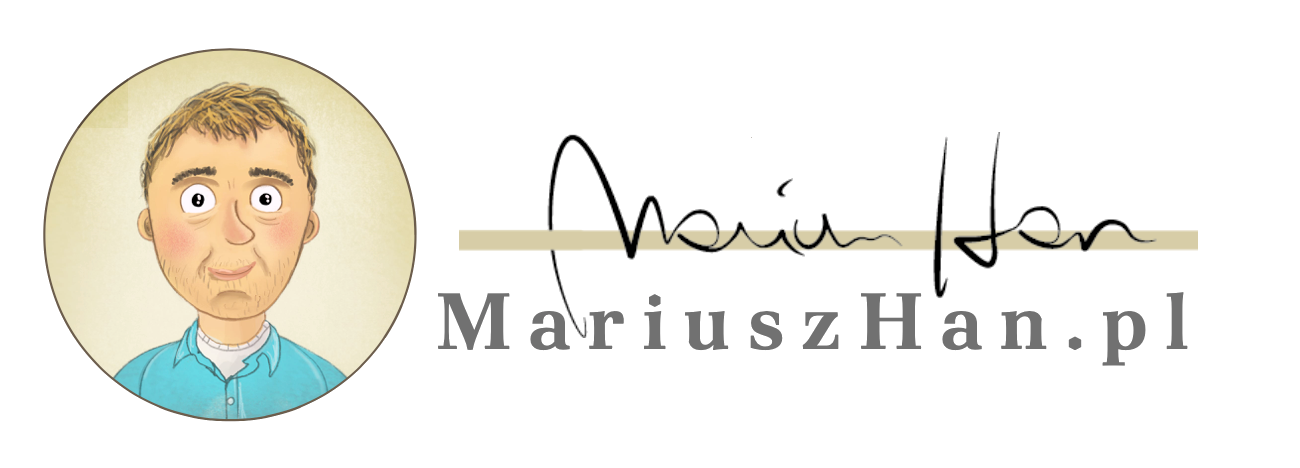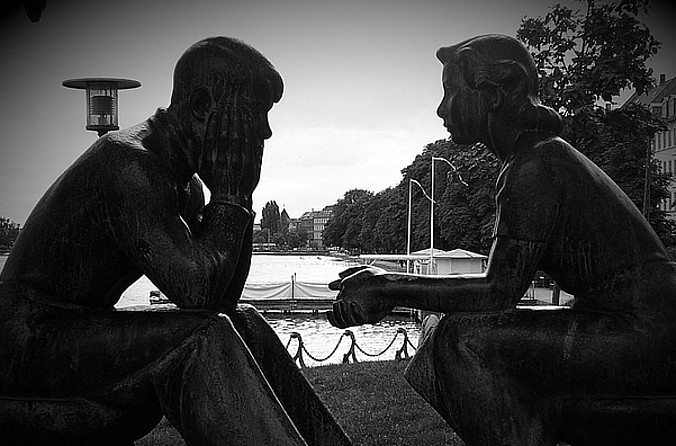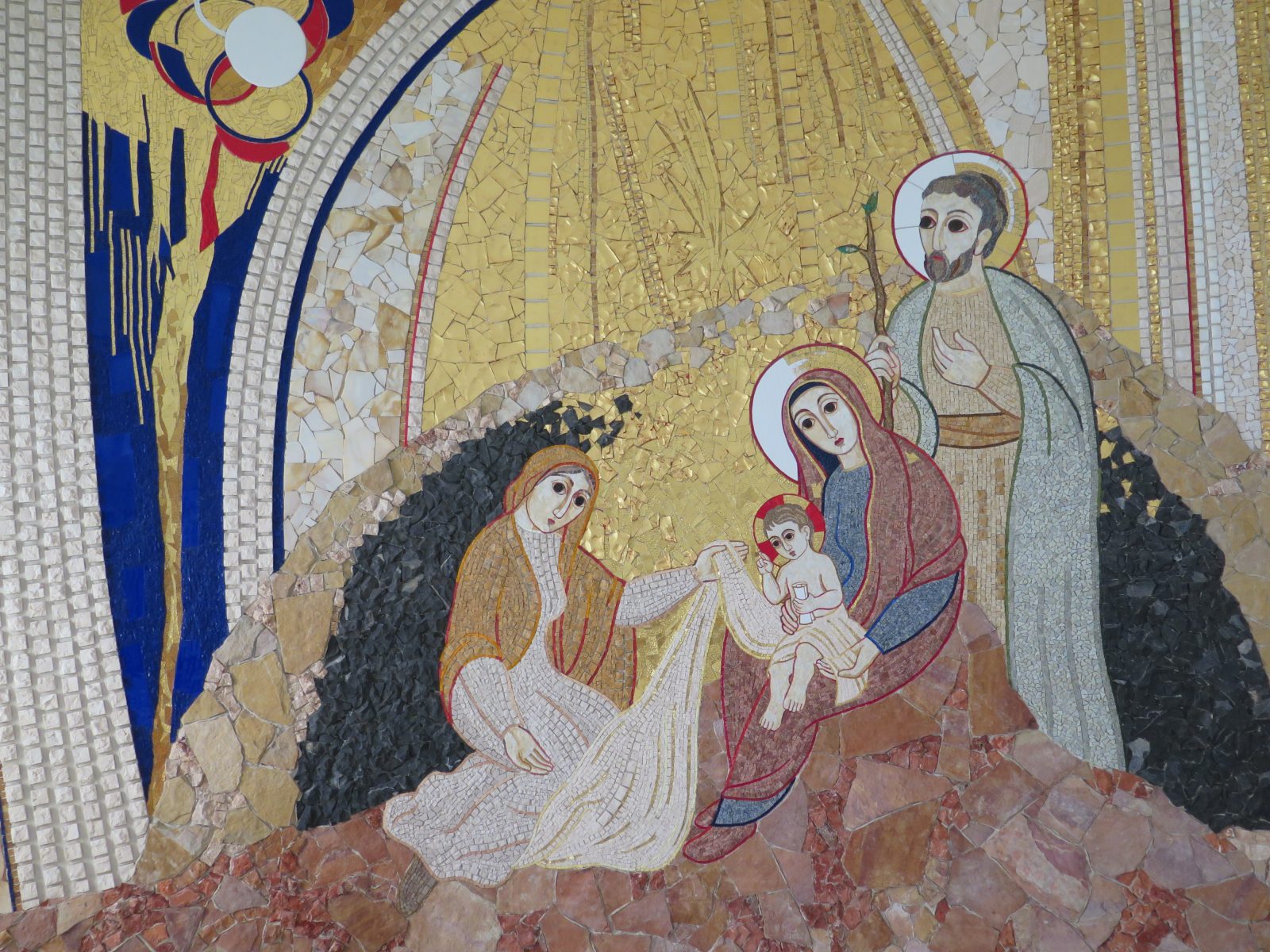One of the most powerful and murderous dictators in history, Stalin was the supreme ruler of the Soviet Union for a quarter of a century. His regime of terror caused the death and suffering of tens of millions, but he also oversaw the war machine that played a key role in the defeat of Nazism.
Iosif Vissarionovich Dzhugashvili was born on December 18, 1879 in Gori, Georgia, which was then part of the Russian empire. In 1922 he was made general secretary of the Communist Party, a post not considered particularly significant at the time but which gave him control over appointments and thus allowed him to build up a base of support. After Lenin’s death in 1924, Stalin promoted himself as his political heir. By the late 1920s, Stalin was effectively the dictator of the Soviet Union. He continued communist ideology ‘style life in Russia’.
The word ‘communism’ is descended from the Latin word communis, which means common or general. One of basic foundations of the communist system descends from dialectical materialism. The consciousness of the individual is shaped by work and the pressure of a controlled society. The communist ideology had a utopian character because it contained the postulate of the radical equality of rights, expressed in law and also cultural life. This ideology proclaimed the idea of authentic community and brotherhood of people. However, what was most important to it was overcoming individualism. Private property was not allowed. The working class had to take the lead in the future communist society. That is how the role of proletariat arose. This is why this system had to overcome individualism in man and society.
A consequence of the ideology of totalitarian systems in political life was the repression not only of its own society, but also the community of other nations. The foundation of the Nazi system was ruling over a world of one race, the Aryan race, in the leadership of the German nation over other nations. As well, Communism, inspired by Marxism, in the name of the proletarian revolution, aimed at the domination of one class over the world community. Both ideologies moved very quickly from ‘moral motives’ (equalities of people, the social justice), to the domination over other nations in the name of the total modernization of the world.
I was born in Poland, the country located between Germany and Russia in Europe. Tyranny still takes place in our history. I grew up hearing stories of my family and neighborhood talking about World War II, concentration camps, slave labor and deportation to Siberian camps. My grandmother and mother barely escaped being executing by Nazis. After the fall of the greatest totalitarian sociopolitical systems of tyranny (Nazism and Communism) the Polish people began to seek the reasons for the genocide, the economic decline, and the social, cultural and political conditions in our country. They are looking for a ‘small piece of the answer’ so that our new democracy, entered at the end of XX century in Eastern Europe, would not become tyrannical. To prevent this, the Polish people questioned objective values, the place of man in the present world, the basics of human rights in the interest of the peace in the world and role of government. This question belongs to everyone because Polish people discovered that a tyrant and tyranny can destroy a person’s individuality, creativity and morality. With these dilemmas we entered the XXI century. We look for the answer to this theoretical question which is not so theoretical to us.
Stalin is often credited with successfully industrializing the Soviet Union. What can be said without controversy is that by the time of World War II, the Soviet economy had been industrialized to the point that the Soviets could resist the German invasion. That Stalin or his policies are to be credited for this is contended.
Stalin is also generally credited with destroying the concept of communal socialism (communism) but it not true. He created a concept of ‘invisible hand’, which means help to another people without interest. Concerning the ‘invisible hand’ from my child experience I remember every Sunday morning, a television program called ‘Teleranek’,[1] from 9:00 to 10:30. It was ‘sacred time’ for every polish child. It talked about what happened in Poland. The last 10 minutes of this program was about an ‘invisible hand’. The program showed ‘someone’ (you never knew who), who helped a man, people and society in their common life. We didn’t know who it was; we saw only the result of this work. The Communist system prepared children and young adults to be ‘invisible’ in social contemporary life.
Even many people in the ‘Stalin time’ were persecuted. Today many of the remembered him as a ‘good man’, named by many as a ‘Uncle Stalin’ or ‘Daddy of Our Country’, who emergences of middle class, where women could do male jobs in the industry, people had a better education which gave Russia their own skilled technicians, positives of collectivization for poor people who got shared profits and food.
Stalin is a “part of my life”. Today I don’t feel like an ‘invisible hand’ but I grow up close by his tyranny and ‘side by side’ of his ideology. Even I don’t agree with his politic believes and the path of his life which he chooses I understand more about how horrible is system of tyranny. I was born on the end of this “tyranny time” on Polish land. I learned a lot from this lesson. This experience is helpful until today on my everyday life. I have a lot of respect to the people, their life experience and especially to the poor. I have some kind of ‘sensor feelings’ which open my heart to the people who needs my help. Stalin forgot about one thing which always is repeated on the Word History; the paradox that: “in every evil, we can find something good for ourselves”. This is a nature of good side which gives us a hope for better tomorrow life.
Stalin died of a stroke on March 5, 1953.
————————————————
[1]Teleranek means in English ‘Tele-Morning’. Program started in 1973 as a television program for children. Find more: https://pl.wikipedia.org/wiki/Teleranek (polish version)











